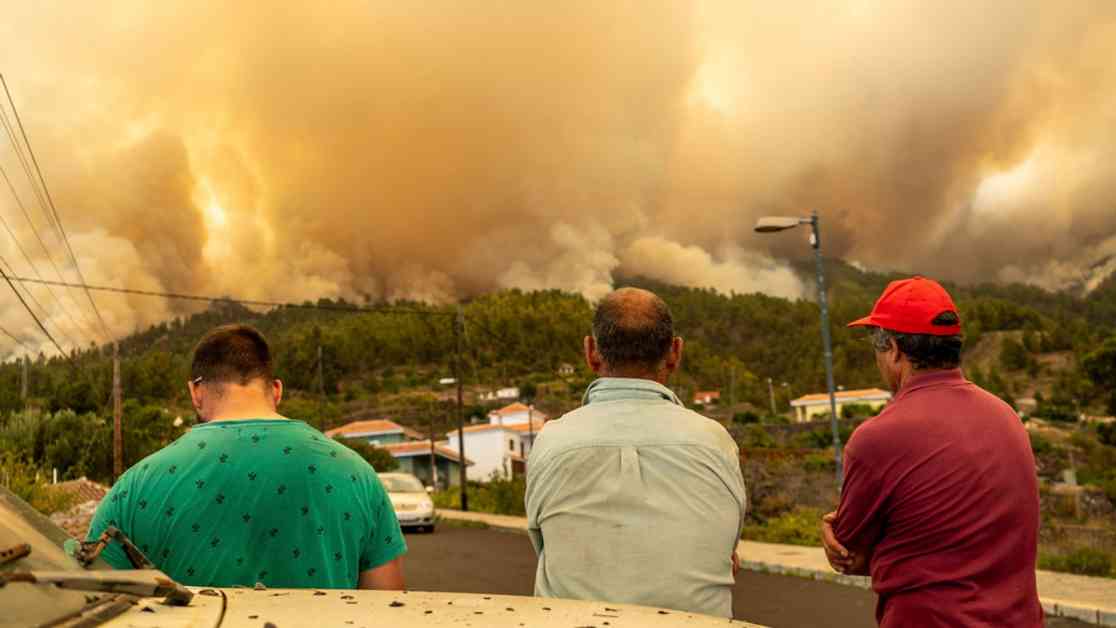Climate change has been identified as the primary cause of the ten deadliest weather events in the last two decades, resulting in the loss of more than 570,000 lives. The World Weather Attribution (WWA) group at Imperial College London conducted an analysis of these catastrophic events and found that they were all exacerbated by a hotter atmosphere, making them more intense and frequent.
Dr. Friederike Otto, co-founder and lead of World Weather Attribution, emphasized that climate change is not a distant threat but a present reality that demands urgent action. The recent deadly flooding in Spain served as a stark reminder of the devastating impact of extreme weather events fueled by climate change.
The team examined the deadliest weather events since 2004, including Cyclone Sidr in Bangladesh, Cyclone Nargis in Myanmar, and the heatwave in Russia, among others. The 2023 heatwave in the western Mediterranean was highlighted as a clear example of how climate change has made extreme temperatures that were previously considered “impossible” now a reality.
One of the most tragic events was the drought in Somalia, which claimed the lives of 258,000 people due to crop failures and famine. The researchers pointed out that climate change had made the drought more severe by increasing temperatures that led to reduced rainfall and water scarcity in the region.
The group warned that the actual death toll from these weather events is likely much higher than reported, as many heat-related deaths may have been overlooked in official statistics. While their analysis has not been peer-reviewed, it is based on scientifically validated methods that assess the influence of climate change on extreme weather events.
With global temperatures already at 1.3°C above pre-industrial levels, the researchers stressed the urgency of addressing climate change before it reaches even more dangerous levels. The upcoming COP29 climate talks in Baku, Azerbaijan, will be a crucial opportunity for world leaders to take decisive action to mitigate climate change and support vulnerable communities.
During the COP27 climate talks in Egypt in 2022, a fund was established to compensate for the losses and damages caused by climate change, but it is not expected to be operational until 2025. The current pledges fall short of the amount needed to address the full extent of the climate crisis and its devastating consequences on human lives.
As the world grapples with the escalating impacts of climate change, it is imperative for governments and policymakers to prioritize sustainable solutions that reduce greenhouse gas emissions, transition to renewable energy sources, and support communities most affected by extreme weather events. Failure to take immediate action could lead to even more catastrophic consequences in the future.




